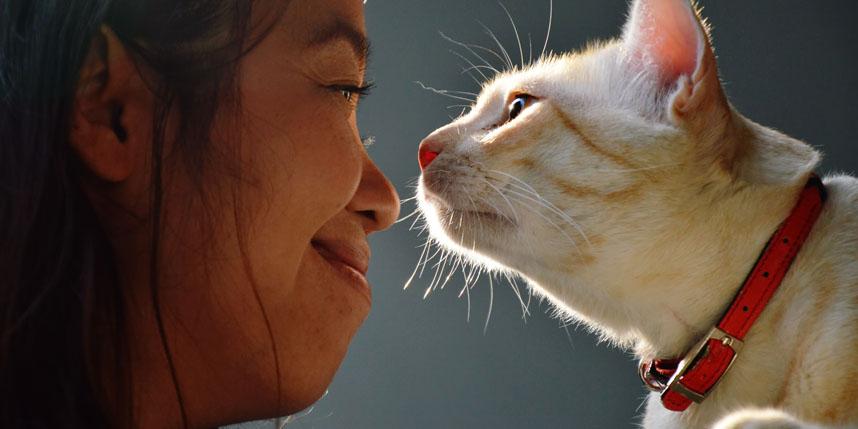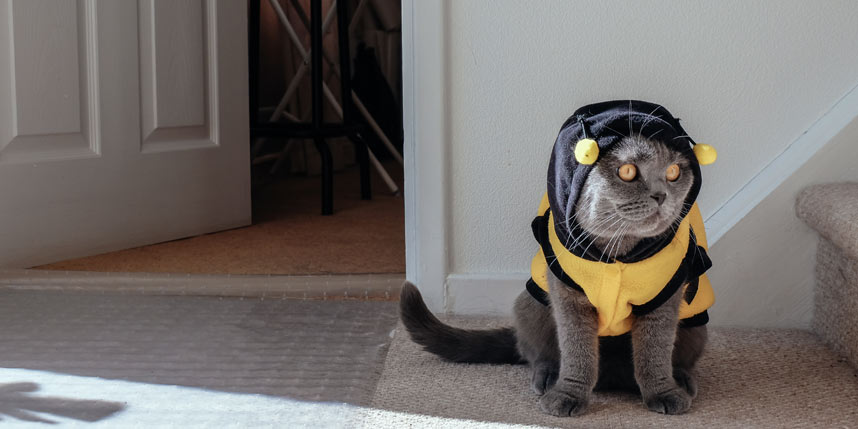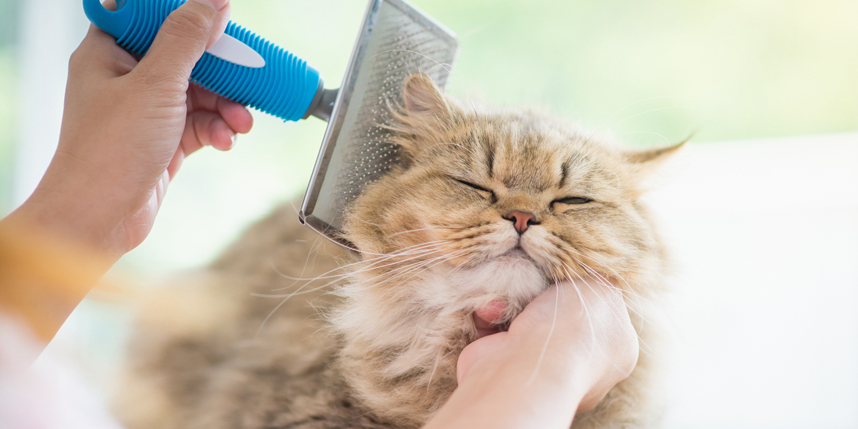NEW YEAR, NEW MEOWWWW: THE TOP 5 RESOLUTIONS FOR YOU AND YOUR CATS IN 2019
This year, resolve to be a better person for the one who really matters: your cat. Here are five ways you can improve both you and your cat’s lives in 2019 – because you both deserve to live your best lives.
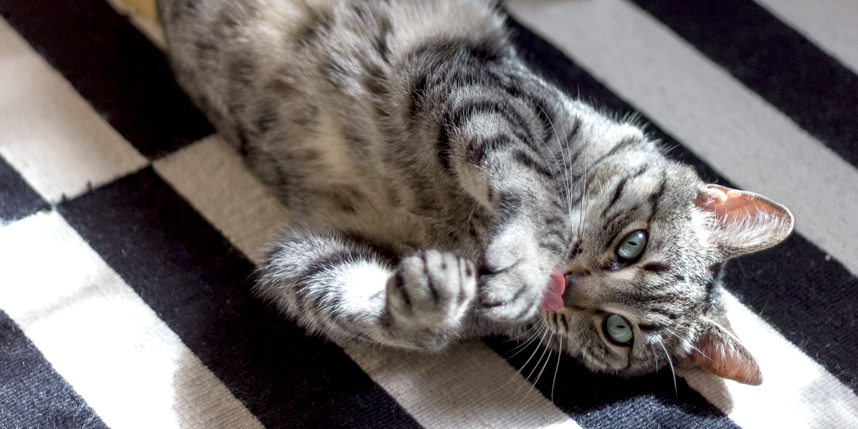
Why Do Cats Like Catnip?
Sometimes cats like to let loose of their typically cool demeanor and get wild. Their favorite way to do this? Catnip. Just a sprinkle of dried leaves on their favorite scratching post can provide your cat with hours of bliss.
But how does catnip affect them? And why can’t we smell it? It turns out that catnip is uniquely suited to making our feline friends flip.
What is catnip?
Catnip is that a little green herb that drives cats wild! While some catnip grows as weeds, it is classified as an herb from the mint family, and there are about 250 different species of it. Catnip is indigenous to Europe, though it’s sometimes found in the United States and Canada.

Why do cats like catnip so much?
It’s not the leaves themselves that cause your cat to let their wild side loose, it’s actually an oil found in the leaves, called Nepetalactone. Humans can’t smell this oil, but your cat sure can. Cats flip for its smell, often rolling in the plant to cover their fur in its scent.
Surprisingly though, this doesn’t apply to all cats. Catnip is only effective to a small majority of cats. Sensitivity to the plant only begins after cats reach a few months of age.
What does catnip do to cats?
When cats sniff, lick or chew the plant’s leaves to ingest the oil, it stimulates their neuroreceptors and creates an effect similar to that of pheromones (reproductive hormones). It’s one of the more entertaining pastimes for cats.

Typical effects of catnip on cats include:
- Purring
- Rolling
- Wiggling
- Bursts of energy
- Sedation
- Aggression
Depending on your cat, some are more likely to “chill out” after a few sniffs of catnip, while others may want to play or even become aggressive.
How long do the effects last?
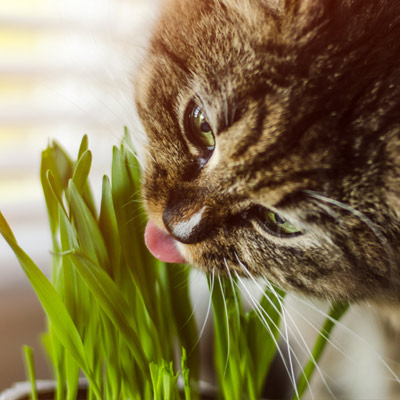
The effects of catnip, or the “high” caused by catnip, don’t last very long: only around 10-30 minutes. While it is possible for a cat too have too much catnip, the effects have never caused any severe, long-term repercussions. Most cats know when they’ve had enough and stop before any problems arise, though eating too much may cause digestive upset. Cats can even build up a tolerance to catnip, so that the plant eventually stops affecting them.
Keep this fun treat at your house by growing it in a pot! A little bit of catnip and some cat grass for munching can keep your cat occupied living their best life for hours.

